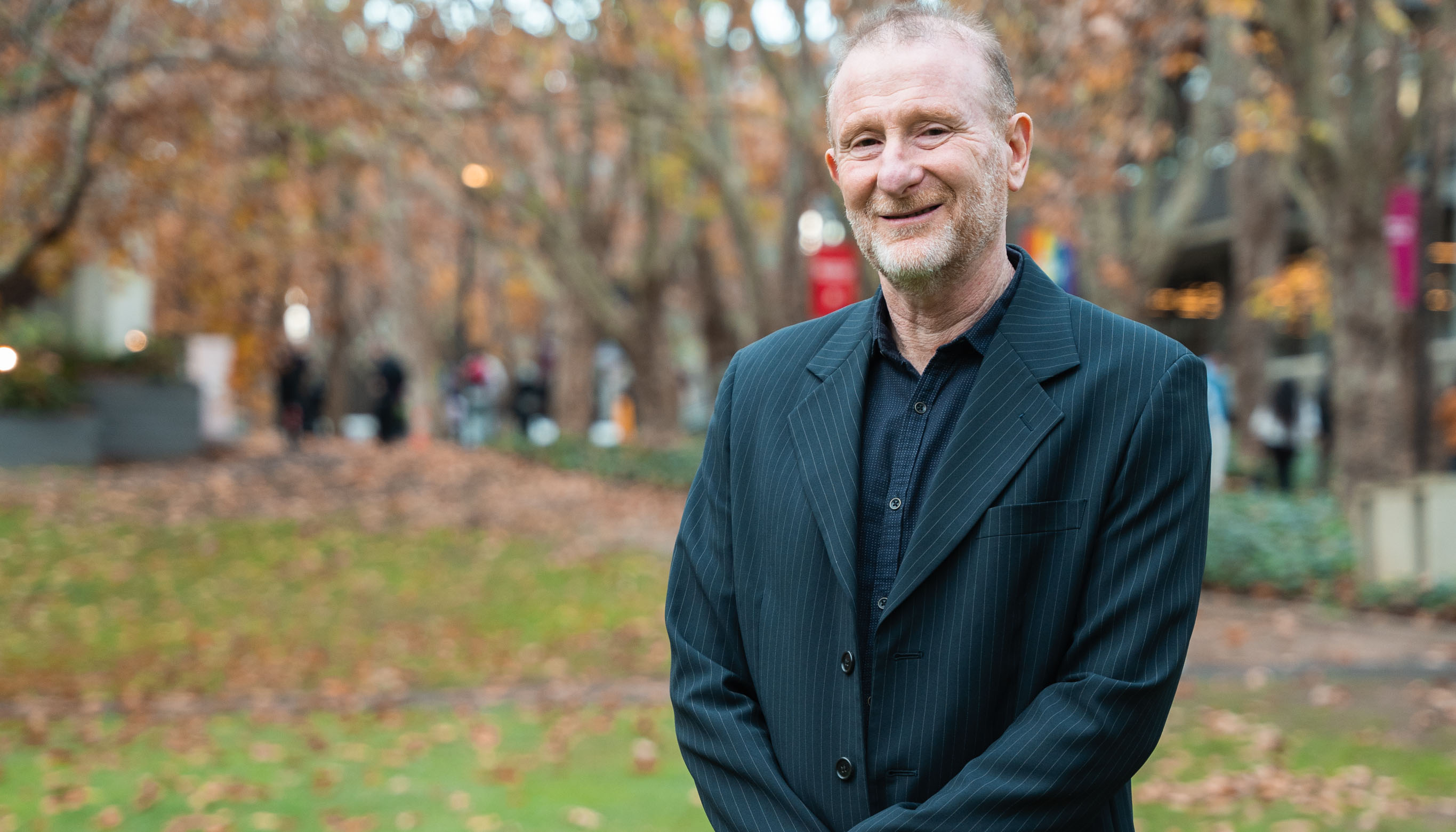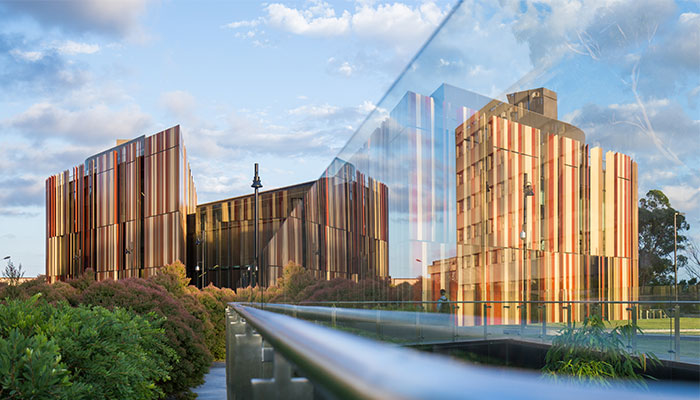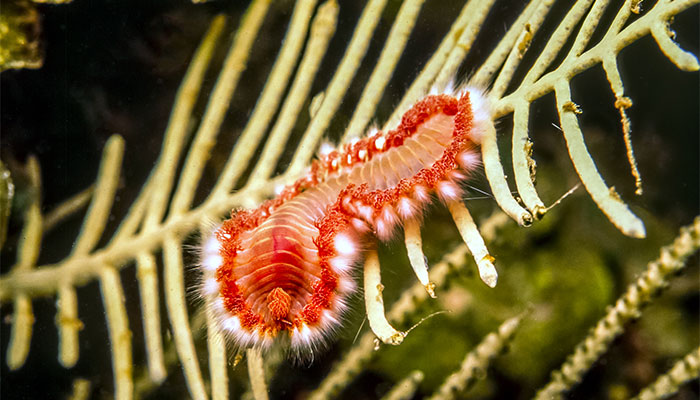In a newly published Impact Case Study, the NHMRC says the research underpinning Cool Kids has strongly influenced the ways in which childhood and youth anxiety disorders are identified, understood and treated around the world.
Beginning in the early 1990s, NHMRC-funded research led by Professor Ron Rapee AM and colleagues at Macquarie University and the University of Queensland played a key role in demonstrating the importance of early intervention in children with anxiety.
Professor Rapee, now Distinguished Professor in the School of Psychological Sciences at Macquarie University, collaborated with Professor Mark Dadds in 1991 to review the literature relating to anxiety in children.

Mental health pioneer: Distinguished Professor Ron Rapee helped establish the Cool Kids program in the 1990s.
They found that recognition, understanding and treatment of anxiety disorders at this developmental stage was one of the most neglected areas of research in psychopathology.
“The idea that children could be anxious wasn’t widely held among the general public or even among mental health professionals at the time, and that was reflected in the research world,” Professor Rapee explained.
Given that untreated health problems in young people can lead to even more serious problems later in life, the magnitude of anxiety disorders facing children provided an immediate “call to action” for Professor Rapee.
Approaches for diagnosing, assessing and treating the major types of childhood anxiety disorders became the long-term focus of his research.
Informed and supported by a succession of research studies, Professor Rapee and colleagues developed what became the Cool Kids suite of treatment programs that have been shown to be highly effective and are now in use internationally.
In its original form, Cool Kids was designed to teach children and adolescents (aged seven to 17 years) and their caregivers practical skills to help manage high levels of anxiety, and to be delivered to the family via a trained and accredited therapist.
Extensive scientific evaluation has shown that about 60 per cent of people no longer meet the criteria for their original anxiety diagnosis by the completion of treatment, and this improves to 75 per cent in the months that follow.
The program also reduces depression, enhances school performance and improves relationships with friends and family; not only are participants less distressed but so too are their families.
A variety of additional components to the Cool Kids program have since been developed, leading to versions for three different age groups: Cool Little Kids (3–6 years), Cool Kids (7–12 years) and Cool Kids (Chilled) (12–17 years).
Versions of Cool Kids have also been developed for young people who experience anxiety and severe depression, who are on the autism spectrum, who are being chronically bullied, or who have sleep difficulties or unexplained medical symptoms.
There are now 250 trained and accredited Cool Kids therapists in Australia and more than 3000 around the world, with programs now also being delivered online in Australia, the US, Denmark and Norway.
“It has been a very exciting and rewarding area to work in, but there’s still a huge amount we can learn and do to help young people and their families,” said Professor Rapee.
Professor Viviana Wuthrich, Director of the Lifespan Health and Wellbeing Research Centre at Macquarie University, congratulated Professor Rapee on an “incredible” research legacy and impact.
“This is exemplary health research that has gone from foundation work through experimental studies and clinical trials to implementation, nationally and internationally,” said Professor Wuthrich.
The Cool Kids suite of programs is offered through the Emotional Health Clinic at Macquarie University, via face-to-face sessions at the Wallumattagal campus in North Ryde, Sydney, and online with telephone support from the Emotional Health Clinic team. For more information, go to Mq.edu.au/coolkids



